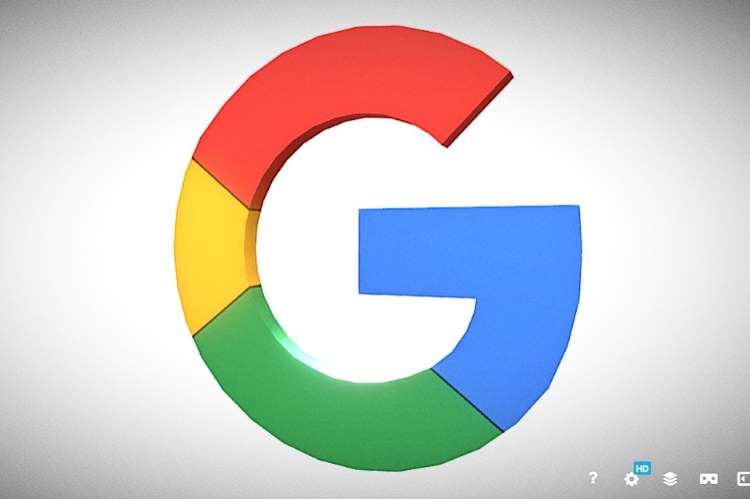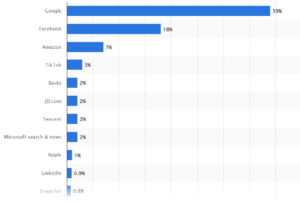
The recent ruling by US district judge Amit Mehta declaring Google a monopolist marks a seismic shift in digital antitrust enforcement. Judge Mehta found that Google violated Section 2 of the Sherman Act, confirming the tech giant’s illegal monopoly over search services and related advertising. This landmark decision has profound implications for Google, its competitors, and internet users globally.
After a protracted legal battle that began in 2020, Judge Mehta’s ruling on Monday concluded that Google maintained its monopoly through anti-competitive practices. The court found that Google’s agreements with companies like Apple and Samsung, which set Google as the default search engine on their devices, unfairly suppressed competition. These agreements were not justified as necessary for improving search services but were instead strategies to crowd out rivals and reinforce Google’s dominance. This is a significant win for the department of justice and state attorneys general who argued that Google’s practices stifled competition and innovation.
READ I Chinese FDI: India must weigh risks and rewards
Implications for Google
For Google, the ruling is a serious blow. The company has announced plans to appeal, arguing that it offers a superior service. Google’s defence highlighted the quality of its search engine compared with competitors like Microsoft’s Bing, suggesting that its market dominance is a result of providing a better product. However, the court’s decision challenges this narrative, focusing on the monopolistic tactics employed to maintain that dominance.
Global digital advertisement revenue share

The immediate consequences for Google are uncertain as the court has yet to decide on the penalties. Potential remedies could range from fines to more drastic measures like breaking up the company. Such remedies could have a profound impact on Google’s business model, particularly its lucrative deals with other tech giants.
Ruling throws open internet search market
This ruling is a beacon of hope for competitors which have long argued that Google‘s dominance creates an uneven playing field. Companies like Microsoft could benefit significantly if the court enforces remedies that curb Google’s ability to secure default status on devices. This could lead to increased visibility and usage of alternative search engines, fostering a more competitive market.

However, any significant shift will not be immediate. Legal experts anticipate a lengthy process of appeals and further hearings, possibly extending the final resolution by several years. Meanwhile, companies like Apple that benefit financially from their agreements with Google might also need to adjust their strategies, potentially exploring or developing their own search technologies.
Internet users to benefit in long term
For the average internet user, the implications of this ruling could be substantial but are less clear-cut in the short term. If the court mandates changes that enhance competition, users might see more diverse options for search engines and related services. This could lead to innovations and improvements in how we search and interact with information online.
Moreover, increased competition might foster better privacy practices and data handling, as rivals vie to attract users with more transparent and secure services. Currently, Google’s dominant position has allowed it to set terms largely on its own, but a more competitive market could push all players to prioritise user-centric features.
The ruling against Google is part of a broader global trend of scrutinising and regulating big tech companies. Similar cases are pending against other tech giants like Apple, Amazon, and Meta. For Google, this is just one battle in an ongoing war, as it faces another antitrust lawsuit later this year focusing on its advertising practices.
As the legal process unfolds, the tech industry and regulators worldwide will be closely watching. The outcomes will likely influence future antitrust actions and regulatory frameworks, potentially leading to a more balanced and fair digital marketplace.
Judge Mehta’s ruling against Google is a historic moment in antitrust law, with far-reaching implications for the company, its competitors, and internet users. While the immediate effects may be limited as the legal battles continue, the long-term impact could reshape the digital landscape, promoting a more competitive and innovative environment.
